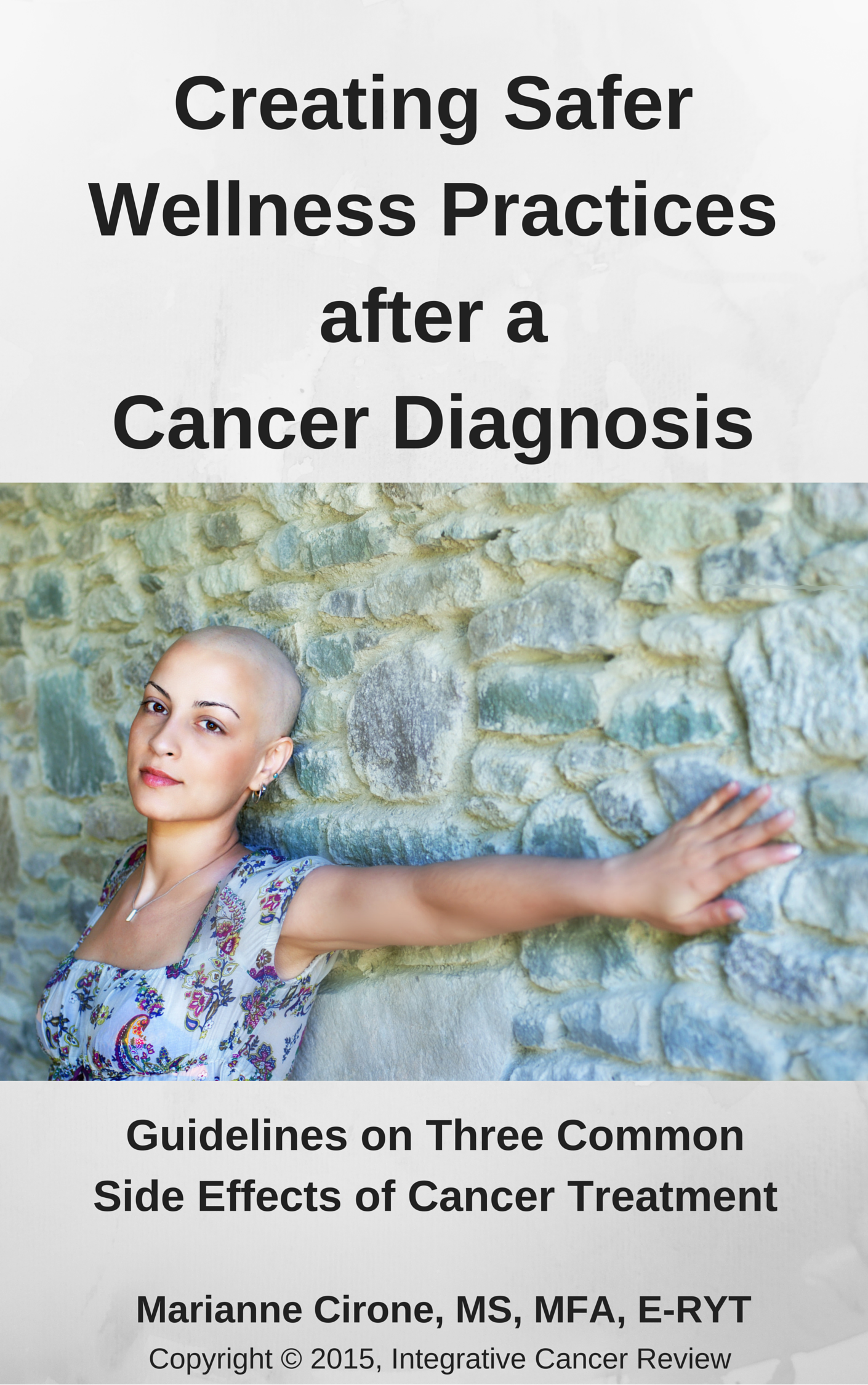
Cancer and its Mental and Emotional Side Effects
Beyond the many physical symptoms of cancer and its treatment, there is also a huge array of potential psychological symptoms and side effects. A field of medicine called Psychosocial Oncology has developed in response to the many psychological and social needs and concerns specifically for people affected by cancer — including those diagnosed and their loved ones. The following areas include some of the areas of concern for mental and emotional health after a cancer diagnosis.
- Fear, Anxiety, Stress and Ungroundedness – The stress of having a potentially life-threatening illness, navigating the healthcare system and dealing with physical, financial, and relationship changes are very anxiety-provoking for most cancer survivors. Feelings of fear are common. People can feel “ungrounded” because the stress of the experience has shaken the student’s core beliefs and the sense of identity and security in life. Additionally, research shows that caregivers can show as much anxiety and stress as the patients themselves.
- Feeling of a “Lack of Control” – During diagnosis and treatment, patients and caregivers may feel a lack of control over the events and situations that they find themselves in. Overall, this may improve as the patient moves further out from treatment, but can continue or even increase with a fear of recurrence or difficulty transitioning to “the new normal” when treatment ends and medical monitoring decreases.
- Depression – Depression is a common side effect of cancer and cancer treatment. Some studies have suggested that about half of breast cancer survivors are experiencing emotional distress that interfered with daily life and more than 10% had major depression, even though many were on anti-depressants. Studies show that depression increases a person’s risk of dying from cancer.
- Negative Body Image and Body Betrayal – Cancer survivors often have a negative body image after surgery/treatment, as well as a general feeling that the body has “betrayed” them, or that they are not in touch with their bodies or “in” their bodies. This negative sense body image is often in addition to those that are common in Western society.
- Change in Identity – People diagnosed with cancer can be dealing with many changes in identity, including changes in appearance, relationships, work and financial status, sense of freedom, and seeing oneself as a “patient” or person who has cancer. Caregivers may also experience identity changes.
- “Chemobrain” and Cognitive Issues – There can be a fogginess in thinking and other cognitive symptoms, experienced by many people during and after chemotherapy, often lasting for years. Physicians caution that this fogginess and other cognitive symptoms can also be caused by many other reasons besides the commonly assumed “chemobrain.” There can also be a sense of mental and emotional fatigue or exhaustion.
- Anger – Anger can be a common response to the news of a cancer diagnosis. It is normal for people to ask, “Why me?” and be angry about the cancer and what caused it. There can be resentment about many things, including health care providers, friends and family, God, past occurrences and one’s own choices.
- Post-traumatic Stress Disorder (PTSD) – Symptoms of PTSD can often be found in people who have been diagnosed with cancer. A German study in Psycho-Oncology in 2016 found that 82.5% of women diagnosed with early-stage breast cancer had symptoms of PTSD between the time they were diagnosed and the start of treatment, and that a year after diagnosis, 57% of the women still had 1.7 symptoms (on average) of PTSD.
See more on Mental & Emotional Side Effects:
- Using Mudras in Cancer Recovery
- The Power of Mindfulness after a Cancer Diagnosis with Dr. Kristen Brendel
- Healing Yoga Retreats after Cancer Treatment with Certified Yoga Therapist, Lee Majewski
- 2017 Breast Cancer Rehabilitation and Wellness Summit – FREE Access to 45 International Expert Speakers
- Depression after Cancer: My Experience by Jodi MacLeod
- Yoga Therapy Retreats Empower Patients after a Cancer Diagnosis, with Yoga Therapist and Cancer Survivor, Lee Majewski
- Healing Yoga Retreats after a Cancer Diagnosis: Part II with Lee Majewski, Yoga Therapist and Cancer Survivor















